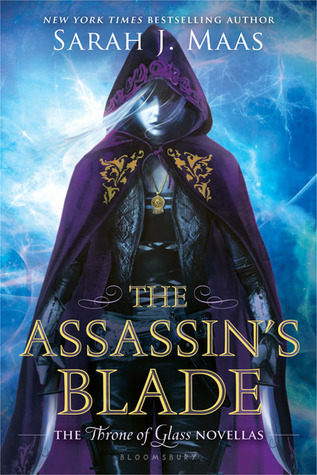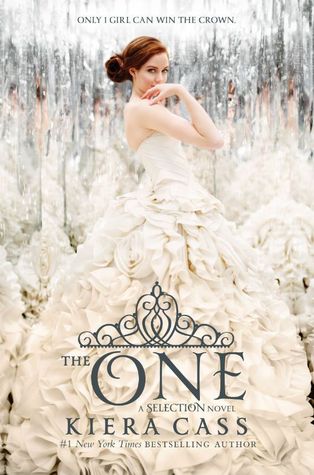I am tired of being used, hurt, and cast aside.
Adelina Amouteru is a survivor of the blood fever. A decade ago, the deadly illness swept through her nation. Most of the infected perished, while many of the children who survived were left with strange markings. Adelina’s black hair turned silver, her lashes went pale, and now she has only a jagged scar where her left eye once was. Her cruel father believes she is a malfetto, an abomination, ruining their family’s good name and standing in the way of their fortune. But some of the fever’s survivors are rumored to possess more than just scars—they are believed to have mysterious and powerful gifts, and though their identities remain secret, they have come to be called the Young Elites.
Teren Santoro works for the king. As Leader of the Inquisition Axis, it is his job to seek out the Young Elites, to destroy them before they destroy the nation. He believes the Young Elites to be dangerous and vengeful, but it’s Teren who may possess the darkest secret of all.
Enzo Valenciano is a member of the Dagger Society. This secret sect of Young Elites seeks out others like them before the Inquisition Axis can. But when the Daggers find Adelina, they discover someone with powers like they’ve never seen.Adelina wants to believe Enzo is on her side, and that Teren is the true enemy. But the lives of these three will collide in unexpected ways, as each fights a very different and personal battle. But of one thing they are all certain: Adelina has abilities that shouldn’t belong in this world. A vengeful blackness in her heart. And a desire to destroy all who dare to cross her. It is my turn to use. My turn to hurt.
The Young Elites by Marie Lu
Book One of The Young Elites Trilogy
YA/Fantasy
2 out of 5 stars
The Young Elites was a book sold to me on one concept alone - the novel follows a villainous young woman coming into power. In an era where antiheroes are remarkably popular, Marie Lu serves us an unforgiving antiheroine. This is not your typical hero’s journey. This is a girl’s descent into a darkness that she may not be able to pull herself out of. Unfortunately, Lu starts the novel off at what may be an inopportune time. While the story is quick to start, a series of negative consequences are inflicted on the rest of The Young Elites. Jumping straight into the action means that we learn very little of our main character and the setting she’s living in. In terms of Adelina’s characterization, The Young Elites turns to sporadic but frequent flashbacks that begin to feel a lot like filler.
The world-building never seems to get on its feet at any point throughout the book, and the setting, inspired by Renaissance Italy, is only revealed to the reader in shallow terms. Even as the plot of the novel follows Adelina coming into her power, the magic system isn’t even properly explained. While the concepts that brought me to pick this up were there, they didn’t seem to expand into anything more than what was offered in the synopsis. The execution of this novel completely fell flat, which surprised me as Marie Lu already has an immensely popular trilogy under her belt. I couldn’t help but feel disappointed.
I feel obliged to mention that I’m grateful that Marie Lu has given us a main character that pulls away from our expectations of female characters. Female villains are not granted the same leniency in fiction as male villains in a time where dark fantasy is flourishing with villainous men at the forefront. I can definitely appreciate Lu pushing the limits put on female characters, regardless of whether or not she executed it well. The epilogue also shows that Lu hopes to push on even more boundaries and diversify her fiction, though she seems hesitant to do so. As much as I can appreciate authors trying to diversify their work, it doesn’t make up for a lackluster story.
While I found this to be disappointing, I do think a lot of readers will really enjoy The Young Elites. YA readers who aren’t as acclimated in the fantasy genre who are looking for a darker story about a young girl who isn’t a typical innocent protagonist will likely love The Young Elites. The fast-paced writing makes it a quick and easy read and would be perfect for YA readers looking to get into fantasy without too much commitment.











 The Diviners by Libba Bray
The Diviners by Libba Bray
 Enchantology is run by Paige Firth, a 21-year-old lover of SFF. Here you'll find book reviews and other bookish goodness...
Enchantology is run by Paige Firth, a 21-year-old lover of SFF. Here you'll find book reviews and other bookish goodness...